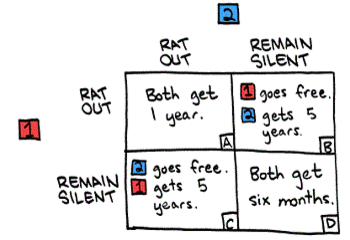- Feb 5, 2002
- 166,574
- 56,207
- Country
- United States
- Faith
- Catholic
- Marital Status
- Married
- Politics
- US-Others
Researchers from the UK and Switzerland have found a mathematical means of helping regulators and business police Artificial Intelligence systems’ biases towards making unethical, and potentially very costly and damaging choices.
The collaborators from the University of Warwick, Imperial College London, and EPFL – Lausanne, along with the strategy firm Sciteb Ltd, believe that in an environment in which decisions are increasingly made without human intervention, there is a very strong incentive to know under what circumstances AI systems might adopt an unethical strategy—and to find and reduce that risk, or eliminate entirely, if possible.
Artificial intelligence (AI) is increasingly deployed in commercial situations. Consider for example using AI to set prices of insurance products to be sold to a particular customer. There are legitimate reasons for setting different prices for different people, but it may also be more profitable to make certain decisions that end up hurting the company.
Continued below.
New Mathematical Formula Unveiled to Prevent AI From Making Unethical Decisions
The collaborators from the University of Warwick, Imperial College London, and EPFL – Lausanne, along with the strategy firm Sciteb Ltd, believe that in an environment in which decisions are increasingly made without human intervention, there is a very strong incentive to know under what circumstances AI systems might adopt an unethical strategy—and to find and reduce that risk, or eliminate entirely, if possible.
Artificial intelligence (AI) is increasingly deployed in commercial situations. Consider for example using AI to set prices of insurance products to be sold to a particular customer. There are legitimate reasons for setting different prices for different people, but it may also be more profitable to make certain decisions that end up hurting the company.
Continued below.
New Mathematical Formula Unveiled to Prevent AI From Making Unethical Decisions

